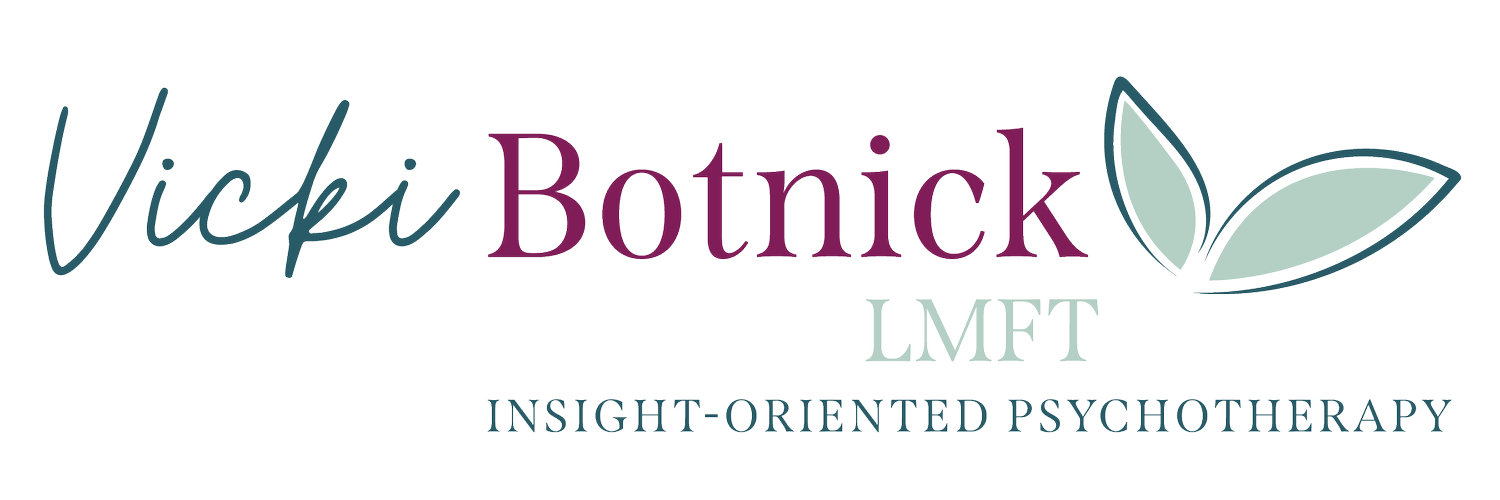Why You Need to Be Needy
When I started working with couples, it seemed clear that the biggest problems came up when they blamed each other for, well, everything. Their anger and contempt and sadness was all a way of saying, “I turned to you and you weren’t there.” In return, I focused on working on their ability to get what they need from themselves instead of from their partner.
But lately I’ve been thinking equally hard about that anger and sadness, and the original question most couples come into therapy with: “Why do I feel like my partner doesn’t have my back?” Primary relationships are supposed to be our safe harbor, the place we turn to for peace and support and a foundation for the pressures of life. And we have a right to ask for our home to be our emotional haven. It makes perfect sense to be needy.
Sue Johnson writes about adult attachment, a concept she expanded from John Bowlby, who theorized that babies form connections with their caretakers based on how secure they feel. Later theorists noted that we take these original styles of attachment and use them in our adult relationships. At the simplest level, this means that if our parent was not very attentive (or neglectful or abusive) when we were babies, we never got the assurance and closeness we needed to be feel safe, and so we have a hard time feeling safe and secure with partners later in life.· Just like babies do, adults feel safer when their partner is nearby, responsive, physically loving and paying them close attention.
Johnson says that, even though our society favors independence and autonomy, we need to feel dependent on our partners. At some level, if our partner is open to us emotionally, compassionate and kind, only then can we feel protected enough to ask for what we need. Paradoxically, it’s this dependence that allows us to move away and also get our needs met in other arenas (since clearly, our partner can’t “fix” us, solve all our problems, or be our whole world—see previous blog post).
Further, if we don’t feel safe and secure with our partner, we tend to become either clingy or distant. And underneath the actions that go along with that—begging for more, nagging, shutting down—is a feeling of isolation and despair. Ultimately, when the one place we turn to for peace and love feels precarious, it’s traumatic.
So my definition of what helps of marriage has expanded. In my office, we look at both sides of the same coin: independence and dependence. As with most things in life, what’s important is balance. We need a little of this, a little of that, and plenty of movement back and forth between the two. And yes, there’s always room for us to close down, or to move away from our mates in order to take better care of ourselves. As long as we remember that it’s right to come back, and it’s okay to need them.
Learn more about couples therapy.
If you’re ready to find support with therapy, schedule a free consultation here.
